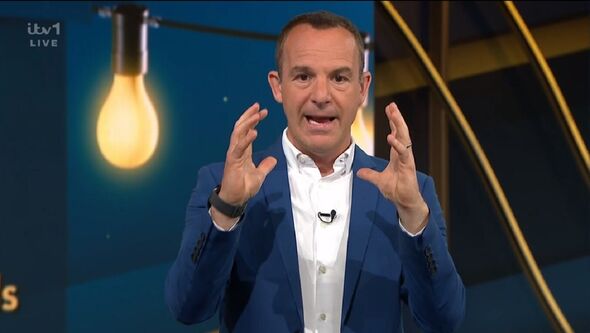
Money expert Martin Lewis has revealed a method to avoid Inheritance Tax completely legally – and all you need is a single piece of paper.
Inheritance Tax is actually paid by only a select few people, about 4 percent of the population, and sees your estate deducted money automatically when someone dies and passes on assets to their loved ones.
Though there are fears Labour could change Inheritance Tax rules in its Autumn Budget on Wednesday, there are some completely legal ways to avoid Inheritance Tax all the way up to £1M – as the financial guru has explained.
Currently you can only leave £325,000 to your loved ones before a 40 percent tax is levied on every £1 above the £325,000 threshold – unless Rachel Reeves changes this on Wednesday.
But with one piece of paper, you could boost your threshold all the way to £1M, meaning your estate would pay no tax at all on the first £1M, says Martin Lewis.
All you need is a marriage certificate, or an equivalent civil partnership certificate.
Martin Lewis explained on his latest Not The Martin Lewis podcast on BBC Sounds, Spotify and Apple Music: “When you get married you can pass on anything you like when you die and there is no Inheritance Tax on it. But arguably even more importantly than that, you can pass on your unused allowance.
“So you get £325,000 that is exempt from Inheritance Tax, and a possible £175,000 on top if you’re passing your main home onto your descendants.
“But if you’re passing it on to your spouse and they pass it on, then they get your allowances too which means add them all together and that’s £1M of property and estate that can be passed onto direct descendants without any Inheritance Tax.
“If you weren’t married – and by married we also mean civil partnerships here – you’d only be able to pass on a maximum of £500,000.”
Tamsin Caine from Smart Financial Planning also said that if you are married you can pass on any of your assets Capital Gains Tax free, to your spouse.
“If you’re a higher rate taxpayer and your spouse is not, she can have the assets in Capital Gains Tax at her rate.”
And the other advantage of marriage is that if you don’t end up staying together all your lives, and you won’t be making use of the Inheritance Tax thresholds after all, a marriage still offers better protection for your shared assets.
Lawyer Matthew Taylor also added: “You are better off if the relationship ends. You’re looking at how can you slice the pie taking into account the assets and mortgage capacity of everyone to allow both parties to rehouse so a couple with two kids a boy and a girl can have a three bedroom house each, can we do that, how can we do that, and if not, what’s the best that we can do with those resources?
“That’s going to be the general approach.”


















